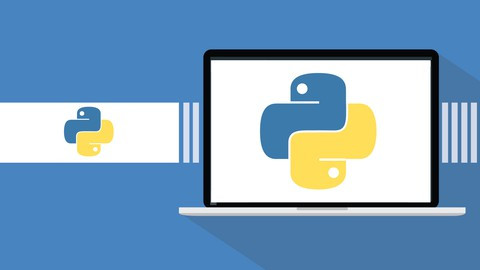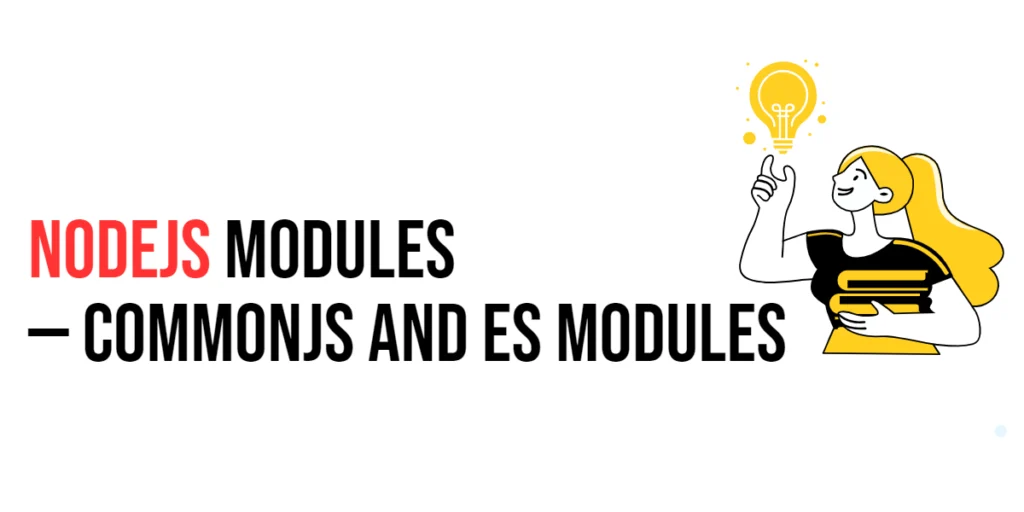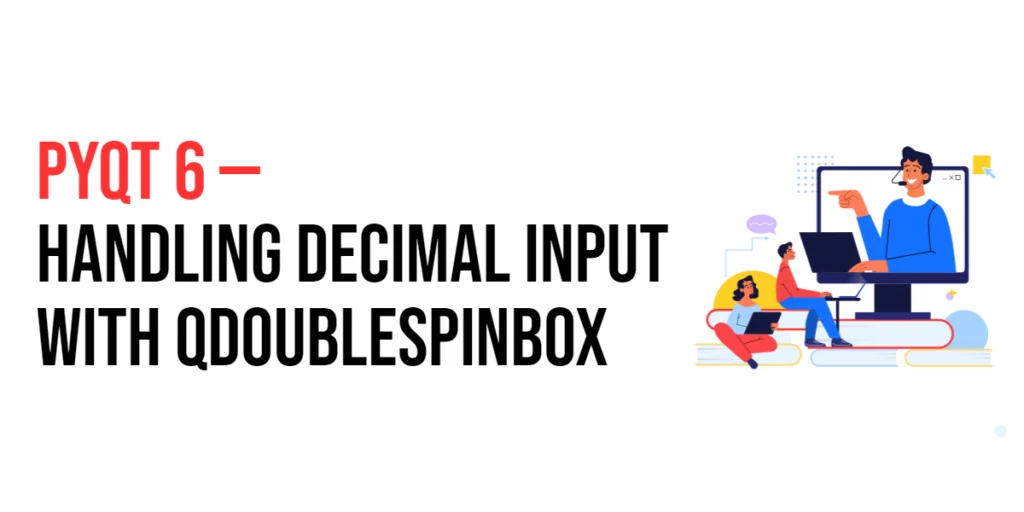Kotlin is a modern programming language that provides many features to simplify and enhance code readability and maintainability. One such feature is delegated properties. Delegated properties allow you to delegate the getter and setter logic of a property to another object. This can be particularly useful for implementing common patterns such as lazy initialization, observable properties, and property storage.

with hands-on learning.
get the skills and confidence to land your next move.
Delegated properties help in reducing boilerplate code, enhancing readability, and making the code more maintainable by centralizing property logic. In this article, we will explore the concept of delegated properties in Kotlin, understand their syntax and usage, and look at practical examples of lazy, observable, and storing properties. By the end of this guide, you will have a solid understanding of how to use delegated properties effectively in your Kotlin applications.
Understanding Delegated Properties
Definition
Delegated properties in Kotlin are properties whose getter and setter logic is handled by a delegate object. This delegate object implements the getValue and setValue methods, allowing you to define custom behavior for property access.
Benefits of Delegated Properties
- Code Reusability: Centralize common property logic in reusable delegate classes.
- Reduced Boilerplate: Eliminate repetitive getter and setter code.
- Enhanced Readability: Make the code more readable by abstracting property logic.
- Flexibility: Easily change property behavior by swapping delegates.
Lazy Properties
Syntax and Usage
The lazy function in Kotlin provides a simple way to implement lazy initialization. A lazy property is initialized only when it is accessed for the first time. The lazy function takes a lambda that specifies the initialization logic.
val lazyValue: String by lazy {
println("Computed!")
"Hello, Lazy!"
}
fun main() {
println(lazyValue) // Output: Computed! Hello, Lazy!
println(lazyValue) // Output: Hello, Lazy!
}In this example, the lazyValue property is initialized only when it is accessed for the first time. The initialization logic prints “Computed!” and returns the string “Hello, Lazy!”.
Practical Example
class Resource {
init {
println("Resource initialized")
}
fun greet() {
println("Hello from Resource")
}
}
class MyClass {
val resource: Resource by lazy { Resource() }
}
fun main() {
val myClass = MyClass()
println("Instance created")
myClass.resource.greet() // Output: Resource initialized Hello from Resource
}In this example, the resource property in MyClass is initialized lazily. The Resource object is created only when the greet method is called on resource.
Observable Properties
Syntax and Usage
The Delegates.observable function in Kotlin allows you to create observable properties that trigger a callback whenever the property value changes. The function takes an initial value and a lambda that handles the property change.
import kotlin.properties.Delegates
var observableValue: String by Delegates.observable("Initial Value") { _, oldValue, newValue ->
println("Value changed from $oldValue to $newValue")
}
fun main() {
observableValue = "New Value" // Output: Value changed from Initial Value to New Value
}In this example, observableValue is an observable property. The lambda prints a message whenever the property value changes.
Practical Example
import kotlin.properties.Delegates
class User {
var name: String by Delegates.observable("<no name>") { _, oldValue, newValue ->
println("Name changed from $oldValue to $newValue")
}
}
fun main() {
val user = User()
user.name = "Alice" // Output: Name changed from <no name> to Alice
user.name = "Bob" // Output: Name changed from Alice to Bob
}In this example, the name property in the User class is observable. The lambda prints a message whenever the name property changes.
Storing Properties
Syntax and Usage
Custom delegates can be created to store property values in a specific way. For example, you might want to store property values in a map.
class MapDelegate(private val map: MutableMap<String, Any?>) {
operator fun <T> getValue(thisRef: Any?, property: KProperty<*>): T {
return map[property.name] as T
}
operator fun <T> setValue(thisRef: Any?, property: KProperty<*>, value: T) {
map[property.name] = value
}
}
class MyMapClass(private val map: MutableMap<String, Any?>) {
var name: String by MapDelegate(map)
var age: Int by MapDelegate(map)
}
fun main() {
val map = mutableMapOf<String, Any?>()
val myMapClass = MyMapClass(map)
myMapClass.name = "Alice"
myMapClass.age = 30
println(map) // Output: {name=Alice, age=30}
}In this example, MapDelegate is a custom delegate that stores property values in a map. The name and age properties in MyMapClass use this delegate.
Practical Example
import kotlin.reflect.KProperty
class MapDelegate(private val map: MutableMap<String, Any?>) {
operator fun <T> getValue(thisRef: Any?, property: KProperty<*>): T {
return map[property.name] as T
}
operator fun <T> setValue(thisRef: Any?, property: KProperty<*>, value: T) {
map[property.name] = value
}
}
class Preferences {
private val preferencesMap = mutableMapOf<String, Any?>()
var theme: String by MapDelegate(preferencesMap)
var fontSize: Int by MapDelegate(preferencesMap)
}
fun main() {
val prefs = Preferences()
prefs.theme = "Dark"
prefs.fontSize = 14
println(prefs.theme) // Output: Dark
println(prefs.fontSize) // Output: 14
}In this example, Preferences class uses MapDelegate to store theme and fontSize properties in a map. This approach centralizes the storage logic and makes it reusable.
Conclusion
Delegated properties in Kotlin provide a powerful way to simplify and enhance property management. By leveraging lazy initialization, observable properties, and custom storage delegates, you can reduce boilerplate code, improve readability, and make your code more maintainable. The practical examples demonstrated how to use these delegated properties effectively in real-world scenarios.
Additional Resources
To further your understanding of delegated properties in Kotlin, consider exploring the following resources:
- Kotlin Documentation: The official documentation for Kotlin. Kotlin Documentation
- Kotlin by JetBrains: Learn Kotlin through official JetBrains resources. Kotlin by JetBrains
- Kotlin in Action: A comprehensive book on Kotlin programming. Kotlin in Action
- Kotlin Standard Library: Official documentation for the Kotlin standard library. Kotlin Standard Library
- KotlinConf Talks: Watch talks from the Kotlin conference. KotlinConf Talks
By leveraging these resources, you can deepen your knowledge of Kotlin and enhance your ability to develop efficient and maintainable applications.







